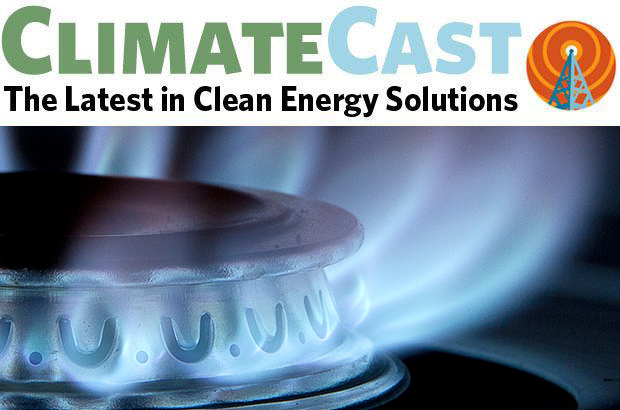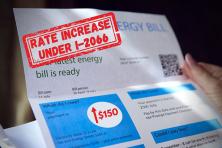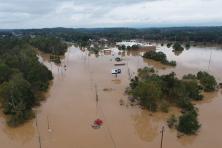Gas in homes: so much worse than we thought
Gas stoves in our homes emit methane and other harmful fumes in amounts equivalent to the greenhouse gas emissions of half a million cars, new research shows. The Stanford University study shows that both old and new gas stoves have a propensity to leak fumes even when they are turned off. These emissions are a principal cause of climate change, and pose numerous health risks; the new findings only add more “fuel” to calls for households, cities and states to accelerate their transition from gas-heated to electric homes and buildings.
Tomorrow’s drivers increasingly likely to be plugged in
New federal and state-level rebates are expected to spur further adoption of electric vehicles in Washington and elsewhere; Rep. Rashida Tlaib (MI) and other lawmakers are working to make sure that such subsidies promote equitable access to clean transportation. EV options for consumers have now expanded to the point where nearly all of the most-popular gas-powered vehicle models now have EV counterparts that are cheaper to own over time. And more small and mid-sized cities are transitioning their buses and fleet vehicles to electric.
EV-related technology continues to advance: Researchers are developing a process for recycling lithium-ion batteries that produces no toxic waste and results in batteries that are faster-charging and longer-lasting than their recycled source material. And Detroit is actively testing new wireless-charging roadway technology, which will allow EVs to charge without plugging in—while driving along as well as when parked.
The real-world effects of crisis
Sea level rise and extreme weather fueled by climate change pose an existential threat to some coastal landscapes. That’s the case in North Carolina’s Outer Banks, where efforts to maintain basic infrastructure on shifting sands is getting more costly and, in some cases, more futile. Climate researchers at Yale determined that 2021 was the third costliest year on record for weather disasters across the world.
Climate regulation in the courts: steps forward and possibly backward
Efforts to curb climate change and regulate emissions in the US attract a familiar cadre of adversaries in the fossil fuel industry. When they fight against good public policy in the courts, they win some and they lose some. This week, a federal court dealt fossil fuel companies a blow when they blocked new federal oil and gas leases in the Gulf of Mexico on the grounds that the Biden administration didn’t take climate change into account when opening up the biggest oil and gas lease sale in history. But the energy companies remain hopeful that the conservative Supreme Court will favor their interests in an upcoming wave of cases challenging the government’s authority to address the climate crisis. Meanwhile, Congress’ inability to act on climate is causing people around the world to worry about the future; the senior Senator from West Virginia is now recognized around the world as a nefarious climate villain.
One thing you can do
In Oregon: The climate crisis is not taking a year off. Our elected leaders cannot either. Urge your legislators to support SB 1518 and our other climate priority bills this session!
In Washington: Our state needs policies to get our buildings running on 100% clean renewable electricity. Tell the WA State Building Code Council to support new codes to help get us there! Also: Contact your lawmakers and ask them to support HB1767 (Targeted Electrification). This bill will allow public-owned utilities to offer incentives for customers to upgrade from gas to clean electricity for cooking and heating.





